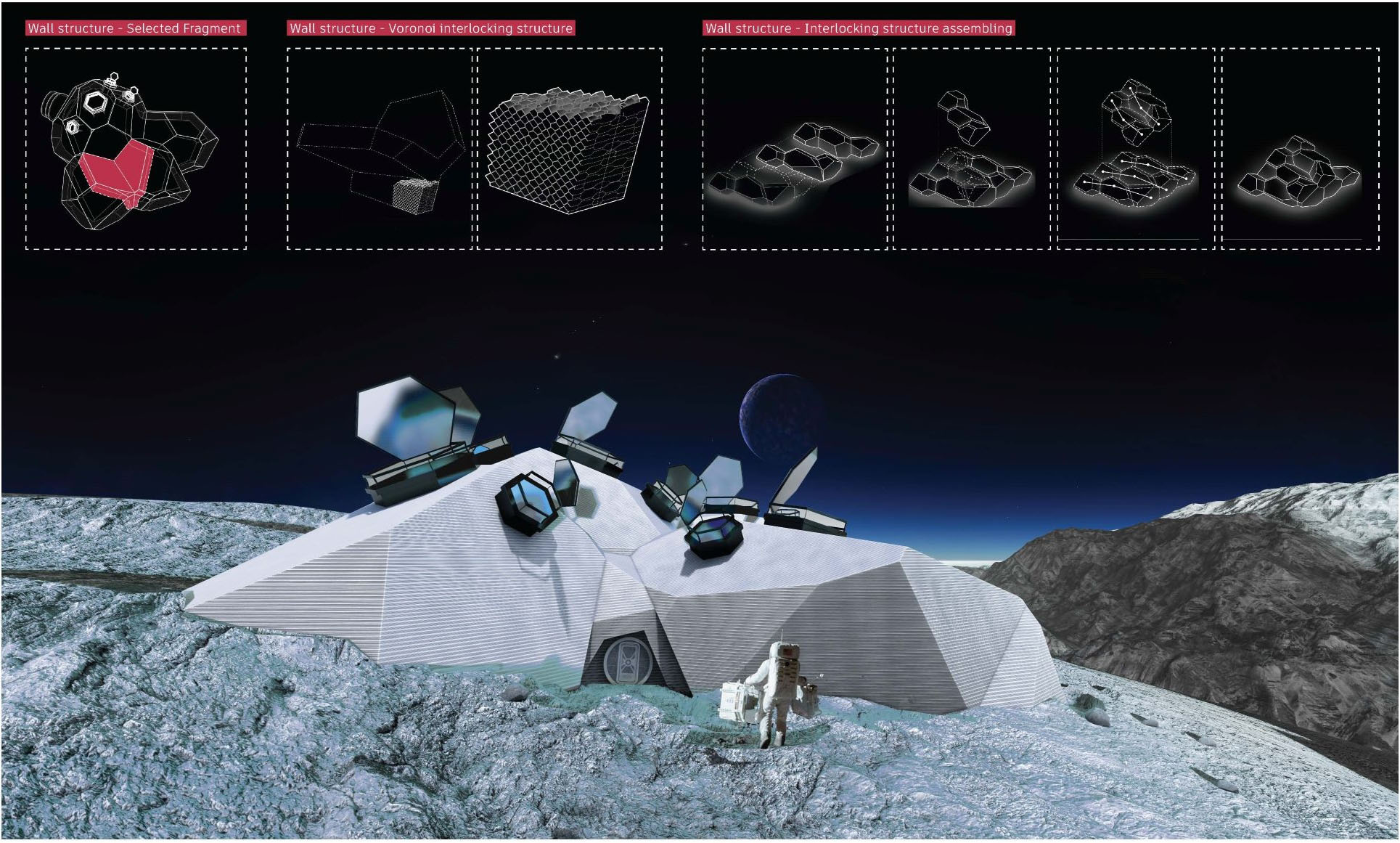NWO Award for Deepti Adlakha and Marie Curie Grant for Henriette Bier
Two researchers at our faculty have received grants for their research proposals. Deepti Adlakha receives a personal grant from NWO Open Science - XS for her research on the effectiveness of City climate action plans. Henriette Bier receives a Marie Skłodowska-Curie Actions Staff Exchange 2023 for ArchiSpace, research that aims to develop reliable and safe extraterrestrial settlements together with MSc and PhD students.
NWO Open Science - XS City climate action plans
Cities are formulating climate action plans with pledges to reduce carbon emissions. Such plans could deliver significant benefits, however, there is currently no reliable method to check how good they are. Without proper evaluation, these plans might just be empty promises. This project will develop a novel transdisciplinary method to systematically evaluate climate action plans at the intersection of environmental, economic, social, health, and behavioural sciences. This approach will allow for global comparisons, leading to important advances in climate action and ensuring accountability worldwide.
City governments are at an operational scale that is conducive for implementation of climate action across sectors. Even though their powers vary, cities control important areas like energy, transport, buildings, land use, urban planning, parks, waste management, and water supply. This project will develop and test an evidence-based method to assess climate action plans in ten European cities facing extreme risk from climate change. We will work with local municipal authorities, equipping them with practical tools to ensure climate actions are clear and measurable.
This project will have real-world impact by helping decision-makers track progress on climate commitments in real-time. In the long term, it will bridge the gap between research and policy, and encourage collaboration between climate action stakeholders and city departments.
Marie Curie Grant – ArchiSpace
ArchiSpace aims to develop reliable and safe extraterrestrial settlements that adequately protect astronauts from the hostile environment of Moon or Mars. The goal is to design and build sub-systems prototypes (e.g. living and working spaces, etc.) of human infrastructures to be built on planetary surfaces, which will be tested in planetary analogue environments.
The project is pioneering a new field of interdisciplinary and intersectoral research in Europe by bridging space sciences and architecture. The human settlements to be developed will involve low environmental impact construction relying on AI-supported computational design, robotic construction, and in situ resource utilization.
The ambition is to apply this sustainable planetary approach in due time on Earth. ArchiSpace promotes an innovative international, inter-sectoral and interdisciplinary research that has the potential to contribute to Europe's competitiveness and growth.
More information
Deepti Adlakha is a researcher at the Department of Urbanism; read more about the NWO SGW Open Competition XS.
Henriette Bier is associate professor at the Department of Architecture and director of the Robotic Building lab.

